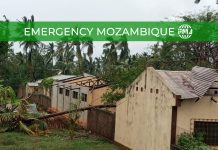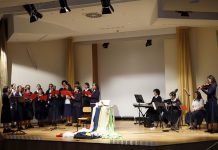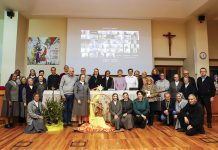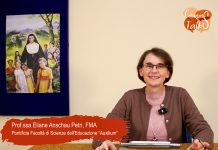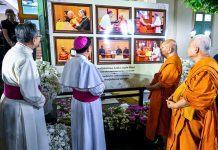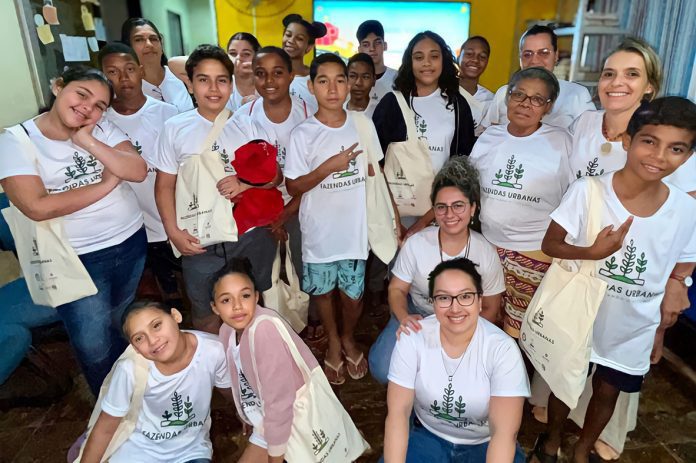Cachoeiro de Itapemirim (Brazil). On 28 August 2024, in the Village da Luz district of Cachoeiro de Itapemirim, in the state of Espírito Santo, the “Urban Farms” project was launched, realized in collaboration with the Salesian social work Vill’agindo pra Ser Feliz, in Mother Mazzarello Province (BMM).
“Urban Farms – Feeding the future” – promoted by the social institution Criança Feliz Brinquedo Sim, which works directly on interventions to reduce the socio-economic impact in the region of Cachoeiro do Itapemirim – will involve 50 children and young people with a series of workshops that include planting and maintaining vertical gardens, food safety, gastronomy lessons, and financial management.
The project, which has obtained the Funcultura 03/2022 grant to encourage culture in the State of Espírito Santo, aims to support the community of Vila da Luz with knowledge and opportunities to generate income through the management and cultivation of vegetables, using small spaces and promoting new strategies.
“It is a broader concept of sustainability, creative economy, and reconnection with nature, enhancing the capacity to generate life,” says Valquíria Volpato, cultural manager of the project.
The young participants received all the materials needed for the workshops in a kit including a t-shirt, an eco-bag, a notebook, a pencil, and an eraser. “These kits will accompany participants to the end of the workshops, allowing them to put what they have learned into practice at home. ‘Urban Farms’ is not limited to a physical space; any place, any house can become an urban farm and contribute to a more sustainable future,” explains Angélica Rigon, responsible for the Socio-cultural and Environmental Department, who has carried out the project.
“Caring for the environment is one of the themes that Vill’agindo considers every year in its activities, with a view to a healthy relationship between humans and the entire planet and best practices for a better quality of life. The proposal brings to our territory the realization of a desire cultivated for a long time: give life to a vegetable garden in the small courtyard of the headquarters, giving to the people we serve and their families, as well as to the Social Work itself, the opportunity to grow vegetables in a practical and economical way, using recyclable materials and reusing the skins, for a healthier and enriched diet at a low cost,” explains Social Service Pedagogical Coordinator, Dayse Camilette Polonini Sotta.
The first workshop entitled, “How to treat the earth”, was led by agronomist Swenka Gaigher, who works as a pedagogical coordinator at the family farm school of Olivânia in Anchieta, ES. Núbiah Nazaré, of the Alpha agency, which documented the project, stresses the importance of documenting the experience. “Photographing ‘urban farms’ means telling the story of a movement that transforms lives and urban environments. Each photograph has the mission to inspire and encourage the creation of new projects like this one, which promote healthy habits and strengthen the correlation between people and nature, even in the heart of the city. We are planting the seeds for a more conscious and sustainable future.”
The Workshops will continue weekly until 26 September in Villaagno. Further information: projeta.assessoriacult@gmail.com


